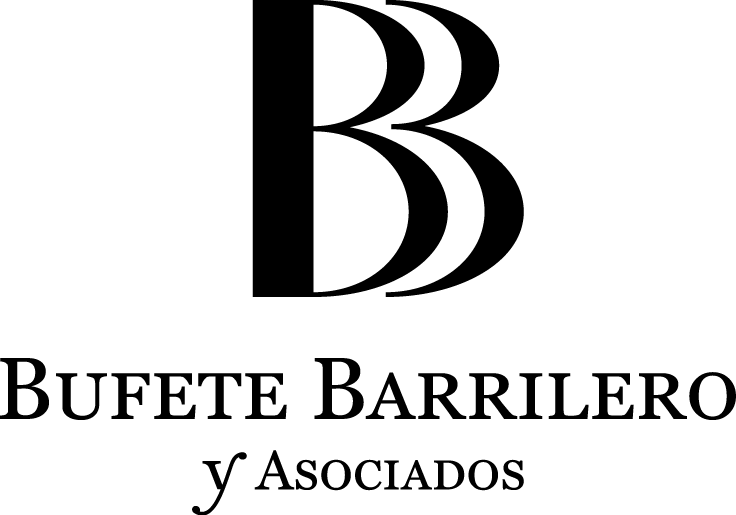Company and professional tax planning has been drastically affected by the health and economic crisis we are currently undergoing.
The readiness to respond together with a forward-thinking approach when addressing any and all challenges brought about by the tax managing disruption is essential and currently occupies the greater part of all company tax managers agendas.
In response to present needs, we have produced a catalogue of urgent measures for efficient tax management. However, specific performance and arrangements will rely on the individual personalized diagnosis of specific needs and related circumstances. We have prepared an initial testing protocol in order to provide guidance on tax planning decision-making under the present challenges.
WHAT TO DO:
I must take into consideration:
– Any and all regulatory measures adopted by the various taxation competent authorities (State, Regional Territories, Autonomous Regions, Local Authorities):
- Deadline extension for self-assessed tax filling.
- Deferrals
- Fractioning
- Exemption of certain advance payments
– It is advisable to carry out an in-depth revision of the company’s FY 2019 closing, any relevant deadlines, an examination of the annual accounts, the audit report, the annual report, etc. corresponding to the fiscal year ending December 31st 2019, in consideration of the present situation and any event following the FY 2019 closing that may impact the taxation data or conclusions.
– Existence of alternative and further options, subject to individual circumstances:
- Application of LGT and NFGT’s principles, measures and criteria.
- Monetization of tax credits.
- Revision of any tax credits linked to subsequent investment, C.E.
– Compliance with any commitments for previous year’s statements, including any tax benefit. Any consideration otherwise shall be planned ahead.
I must take into consideration:
– Although certain and specific taxes and circumstances have been deferred, we must continue to fulfill our tax obligations concerning the payment of the resulting fee.
– Recently adopted laws and regulations by the various competent authorities, provide, amongst others, the following possibilities:
- Deferral of payment.
- Fractioning the fee.
- Exemption of certain advance payments.
– It is advisable to carry out an in-depth revision of the company’s FY 2019 closing, any relevant deadlines, an examination of the annual accounts, the audit report, the annual report, etc. corresponding to the fiscal year ending December 31st 2019, in consideration of the present situation and any event following the FY 2019 closing that may impact the taxation data or conclusions.
– There are further available tax benefits and resources given the present situation, such as the monetization of tax credits, asset valuation, among others, which should be analyzed in-depth.
I must take into account that:
– There are various financing formulas and support to take into consideration:
SPANISH GOVERNMENT
ICO – Guarantees for Large Companies, SMEs and the self-employed.
Extraordinary line of insurance coverage for SMEs.
BASQUE GOVERNMENT
ELKARGI -Financial line I.V.F. SMEs and self-employed.
ELKARGI – Working capital bank financing lines.
– Bank financing continues to be an appealing option in terms of prices and conditions.
– Comprehensive and accurate company records will be decisive when forwarding a request to the relevant authorities.
– However, companies also have their own internal means and sources to increase their liquidity, for instance, through the monetization of assets and tax credits.
– The sale of any company assets will entail capital gains (or losses) that should be taken into account.
I must take into account that:
– I can recover VAT on unpaid invoices.
– There are peremptory deadlines in order to qualify for VAT recovery.
– A contractual breach may raise tax liabilities.
– Current fiscal year Corporate tax, (and maybe FY 2019) will be affected by defaults.
I must take into account that:
– The deadlines for self-assessed corporate tax filling will likely be subject to additional extensions depending on the taxpayer’s residency.
– The presentation of the self-assessments of the Corporation Tax are expected to be subject to different extensions. It is advisable to carry out an in-depth revision of the company’s financial statements, the FY 2019 closing, an examination of the annual accounts, the audit report, in consideration of any event following the FY 2019 closing that may affect taxation, so as to correctly reflect all relevant data, dimensions and circumstances.
As for example:
- Endowments.
- Valuation of financial and real estate assets.
- Cancellation of operations for subsequent breach.
- Tax impact regarding actions against the P.N.
– Deferral and fractioning formulas for the resulting fees have been recently approved.
– There is also the option of monetizing certain unused tax assets. Cash Back.
– The present circumstances could jeopardize my performance undertakings for the previous fiscal year.
I must take into account that:
– It may be a convenient time to carry out real estate and financial investments, etc.
– The distribution of results may have a double taxation effect depending on the fiscal residence of the recipient.
– The placement of financial resources in the company that needs them can generate early taxation.
DI must take into account that:
– It may be a convenient time to carry out real estate and financial investments, etc.
– The distribution of results may have a double taxation effect depending on the fiscal residence of the recipient.
– The placement of financial resources in the company that needs them can generate early taxation.


